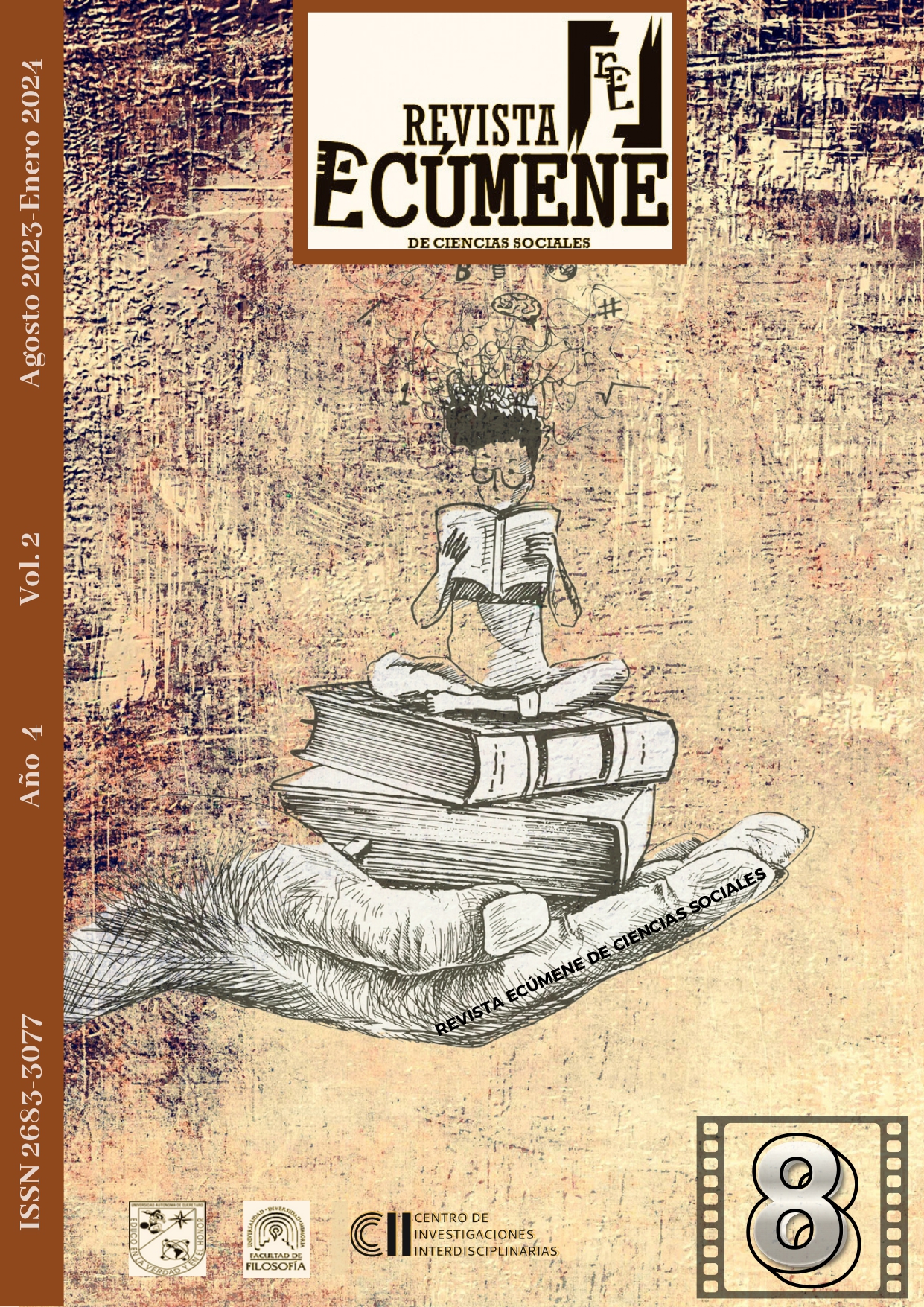Abstract
The notion of embodied affectivity alludes to the sensitive experience, felt (with and from the body) and endowed with meaning, which combines affects, sensory perceptions, thoughts, ideations, projections and sensitive memories. It is also an experience that appeals to our constitutive relational condition: to be a body among other bodies, to paraphrase MerleauPonty; therefore, it has an intimate character and a collective resonance at the same time. If “the body is as we feel it”, according to Spinoza, at the same time that it is governed by organic principles (of its constitutive fragility) it is culturally modeled and performated. That is to say, it is traversed by concrete social relations and is also constituted and marked by the power battles inherent to our asymmetrical and contradictory reality. In this sense, the bet of embodied affectivity urges us to take into account this multidimensionality for any study of affective phenomena. And it can be especially enriching for works that want to focus on the study of otherness or alterity, since our relations with difference cannot be detached from the affective experience that the encounter arouses. Research interested in the study of oppression and domination, for example, can use the notion of embodied affectivity as a heuristic strategy to help explain and understand phenomena as current today as racism, ableism, cisheterosexism or speciesism: are these mere social orders, discursive hierarchies or deliberate discriminations? Or, perhaps, do they correspond to affective orders that, in turn, are reinforced in the structural and daily practices that keep them in force? This paper seeks to offer some reflections on the challenges and possibilities that this perspective can offer us in the social sciences, particularly in anthropology.

This work is licensed under a Creative Commons Attribution-NonCommercial-ShareAlike 4.0 International License.
Copyright (c) 2024 Revista Ecúmene de Ciencias Sociales

